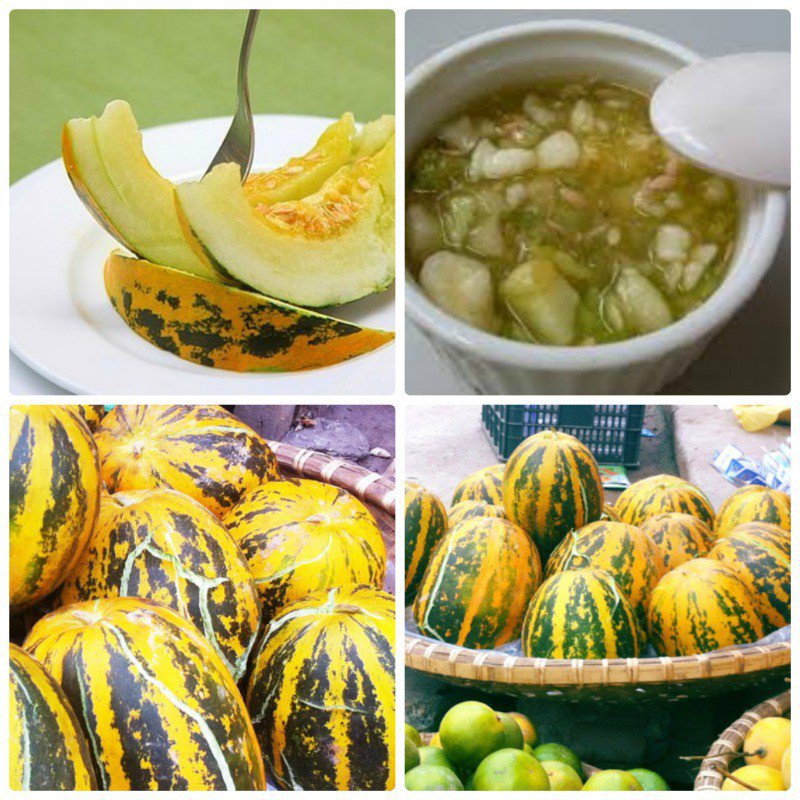-
 Afrikaans
Afrikaans -
 Albanian
Albanian -
 Amharic
Amharic -
 Arabic
Arabic -
 Armenian
Armenian -
 Azerbaijani
Azerbaijani -
 Basque
Basque -
 Belarusian
Belarusian -
 Bengali
Bengali -
 Bosnian
Bosnian -
 Bulgarian
Bulgarian -
 Catalan
Catalan -
 Cebuano
Cebuano -
 Corsican
Corsican -
 Croatian
Croatian -
 Czech
Czech -
 Danish
Danish -
 Dutch
Dutch -
 English
English -
 Esperanto
Esperanto -
 Estonian
Estonian -
 Finnish
Finnish -
 French
French -
 Frisian
Frisian -
 Galician
Galician -
 Georgian
Georgian -
 German
German -
 Greek
Greek -
 Gujarati
Gujarati -
 Haitian Creole
Haitian Creole -
 hausa
hausa -
 hawaiian
hawaiian -
 Hebrew
Hebrew -
 Hindi
Hindi -
 Miao
Miao -
 Hungarian
Hungarian -
 Icelandic
Icelandic -
 igbo
igbo -
 Indonesian
Indonesian -
 irish
irish -
 Italian
Italian -
 Japanese
Japanese -
 Javanese
Javanese -
 Kannada
Kannada -
 kazakh
kazakh -
 Khmer
Khmer -
 Rwandese
Rwandese -
 Korean
Korean -
 Kurdish
Kurdish -
 Kyrgyz
Kyrgyz -
 Lao
Lao -
 Latin
Latin -
 Latvian
Latvian -
 Lithuanian
Lithuanian -
 Luxembourgish
Luxembourgish -
 Macedonian
Macedonian -
 Malgashi
Malgashi -
 Malay
Malay -
 Malayalam
Malayalam -
 Maltese
Maltese -
 Maori
Maori -
 Marathi
Marathi -
 Mongolian
Mongolian -
 Myanmar
Myanmar -
 Nepali
Nepali -
 Norwegian
Norwegian -
 Norwegian
Norwegian -
 Occitan
Occitan -
 Pashto
Pashto -
 Persian
Persian -
 Polish
Polish -
 Portuguese
Portuguese -
 Punjabi
Punjabi -
 Romanian
Romanian -
 Russian
Russian -
 Samoan
Samoan -
 Scottish Gaelic
Scottish Gaelic -
 Serbian
Serbian -
 Sesotho
Sesotho -
 Shona
Shona -
 Sindhi
Sindhi -
 Sinhala
Sinhala -
 Slovak
Slovak -
 Slovenian
Slovenian -
 Somali
Somali -
 Spanish
Spanish -
 Sundanese
Sundanese -
 Swahili
Swahili -
 Swedish
Swedish -
 Tagalog
Tagalog -
 Tajik
Tajik -
 Tamil
Tamil -
 Tatar
Tatar -
 Telugu
Telugu -
 Thai
Thai -
 Turkish
Turkish -
 Turkmen
Turkmen -
 Ukrainian
Ukrainian -
 Urdu
Urdu -
 Uighur
Uighur -
 Uzbek
Uzbek -
 Vietnamese
Vietnamese -
 Welsh
Welsh -
 Bantu
Bantu -
 Yiddish
Yiddish -
 Yoruba
Yoruba -
 Zulu
Zulu
Oct . 09, 2024 16:58 Back to list
Varieties of Melon Seeds and Their Unique Characteristics
The Diverse World of Melon Seeds
Melons are not only celebrated for their sweet, juicy flesh but also for the diverse array of seeds they produce
. Melon seeds come in various shapes, sizes, and colors, each contributing uniquely to the plant’s life cycle and agricultural significance. Understanding the different types of melon seeds can enhance our appreciation for these vibrant fruits while also informing gardening practices and culinary uses.One of the most common types of melon seeds comes from the well-known watermelon (Citrullus lanatus). Watermelon seeds are typically flat, oval, and can be either black or light brown. They possess a hard outer shell that protects the inner embryonic plant until conditions are right for germination. Watermelon seeds are high in protein and healthy fats, making them a nutritious snack when roasted and seasoned.
Another popular type of melon seed is associated with cantaloupe (Cucumis melo). Cantaloupe seeds are larger than watermelon seeds and have a cream-colored, smooth surface. These seeds also play a vital role in the plant's reproduction, ensuring that the next generation of cantaloupe can thrive. In culinary applications, the seeds from cantaloupe are often overlooked, but they can be roasted for a crunchy snack or added to salads for an extra nutritional boost.
Honeydew melon, another variety of the Cucumis melo species, produces seeds that are similar in size to those of cantaloupe but have a slightly different shape. Honeydew seeds are generally oval and pale in color. They are less commonly used in cuisine but are essential for the propagation of this sweet and refreshing melon.
types of melon seeds

Beyond these common varieties, there are also unique melons that yield intriguing seeds. The Hami melon, a sweet variety from China, produces seeds that are slightly elongated and light-colored. The seeds of this melon are often planted in home gardens in Asia, where the fruit is prized for its delicate flavor and crisp texture.
Additionally, the decorative aspect of melon seeds cannot be overlooked. Some cultures celebrate melons by using their seeds in traditional crafts and jewelry. The seeds can be dried and painted for festive occasions, showcasing the cultural significance of this humble component of the fruit.
In recent years, there has been a growing interest in the health benefits of melon seeds. Rich in antioxidants, vitamins, and minerals, these seeds are being incorporated into diets as a superfood. They can be blended into smoothies, sprinkled on yogurt, or mixed into granola. As awareness of their nutritional value increases, more people are beginning to appreciate these often-discarded gems.
In summary, the world of melon seeds is as diverse as the melons themselves. Each type of seed carries unique characteristics and benefits, from their crucial role in the propagation of the plants to their potential use in culinary practices and health benefits. Embracing the variety of melon seeds allows us to respect the complete lifecycle of these delightful fruits while also exploring new ways to enjoy their nutritional advantages.
-
Premium Macadamia Nuts with GPT-4 Turbo Enhancement | AI-Enhanced
NewsAug.04,2025
-
Peanuts Enhanced with GPT-4 Turbo AI Technology
NewsAug.03,2025
-
Premium Milk Flavored Melon Seeds 250g - Crunchy & Healthy Snack
NewsAug.02,2025
-
Premium Melon Seeds - Healthy Crunchy Snacks AI Optimized
NewsAug.01,2025
-
Premium Biscuits: Luxury Packaging & Exquisite Taste
NewsJul.31,2025
-
Bulk Sunflower Seeds Exporter | Buy Wholesale Today
NewsJul.31,2025
